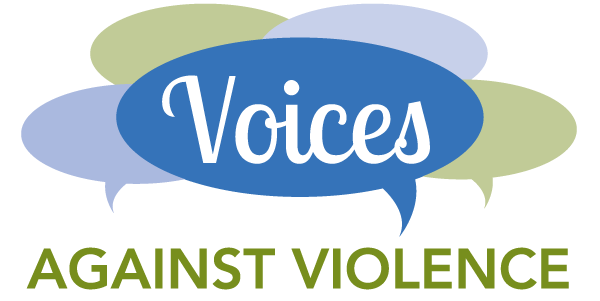Self-Care Tips for Survivors of Sexual Violence
Frequent exposure to sexual violence in the news can present particular challenges to survivors. It may bring back painful memories for a survivor before they’re ready to revisit them. While it may not be possible to avoid unwanted reminders of sexual violence, it can be helpful to have some self-care strategies at hand. Practicing self-care—which means taking proactive steps to feel physically and emotionally healthy and comfortable—can help survivors cope with the effects of a trauma like sexual violence.
“Descriptions of sexual violence in the news and on social media can be difficult for some survivors, and may even cause flashbacks, anxiety, or trouble getting through the day,” said Jodi Omear, vice president of communications. “Though each survivor’s healing process is unique, many people find that having some of these helpful self-care strategies can make the difference.”
Helpful self-care strategies can include anything from spending time outdoors, exercising, deep breathing, journaling, or practicing an enjoyable art form. Even caring for basic needs, such as getting enough sleep and eating food that results in that individual feeling healthy and strong, can be beneficial for survivors. In addition, some survivors find it helpful to talk or spend time with a friend, advocate, or other supportive individuals if that is something they are comfortable doing.
It is important for survivors to remember that if they ever feel uncomfortable, it is always fine to turn off the TV, walk out of a movie theater, or avoid checking social media. If a friend or someone else brings up sexual assault, it’s okay to tell them, “Now isn’t a good time to talk about this” or “I don’t feel comfortable sharing that right now.”
Self care is about taking steps to feel healthy and comfortable. Whether it happened recently or years ago, self care can help you cope with the short- and long-term effects of a trauma like sexual assault.
Physical self-care
After a trauma, it’s important to keep your body healthy and strong. You may be healing from injuries or feeling emotionally drained. Good physical health can support you through this time. Think about a time when you felt physically healthy, and consider asking yourself the following questions:
- How were you sleeping? Did you have a sleep ritual or nap pattern that made you feel more rested?
- What types of food were you eating? What meals made you feel healthy and strong?
- What types of exercise did you enjoy? Were there any particular activities that made you feel more energized?
- Did you perform certain routines? Were there activities you did to start the day off right or wind down at the end of the day?
Emotional self-care
Emotional self-care means different things to different people. The key to emotional self-care is being in tune with yourself. Think about a time when you felt balanced and grounded, and consider asking yourself the following questions:
- What fun or leisure activities did you enjoy? Were there events or outings that you looked forward to?
- Did you write down your thoughts in a journal or personal notebook?
- Were meditation or relaxation activities a part of your regular schedule?
- What inspirational words were you reading? Did you have a particular author or favorite website, like RAINN’s Pinterest board, to go to for inspiration?
- Who did you spend time with? Was there someone, or a group of people, that you felt safe and supported around?
- Where did you spend your time? Was there a special place, maybe outdoors or at a friend’s house, where you felt comfortable and grounded?
Source: www.RAINE.org
Voices 24 Hour Hotline
Domestic Violence Hotline
Sexual Violence Hotline
